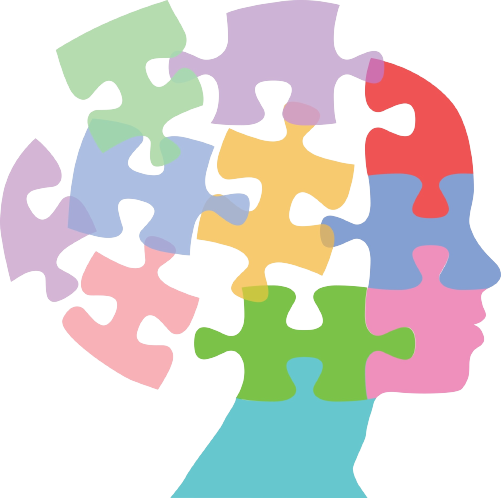Contact Our Team
Meet Our Team
Clinician Testimonials




Resources
Person-Centered Care: Transforming Workplace Mental Health
Guest Blogger — Damian Salas I first heard person-centered care as a junior Human Resources staffer for a large mental health company. It was 1990, and the industry was decades in a transformation that began in the 1940's. This period represents a revolutionary time...
Navigating the Intersection of Chronic Pain and Mental Health: A Journey to Healing
Living with chronic pain is not just about physical discomfort; it can profoundly impact mental health and well-being. The intricate relationship between chronic pain and mental health is often misunderstood, but acknowledging and addressing this connection is crucial for holistic healing. Let’s delve into the complex interplay between chronic pain and mental health, exploring its challenges, effects, and strategies for finding relief and resilience.
Empowering Women: Advocating for Physical and Mental Health
Women's physical and mental health are integral components of overall well-being, yet they are often overlooked or undervalued in society. Advocating for women's health involves not only addressing physical ailments but also prioritizing mental health and well-being....
Bridging the Gap: Access to Healthcare and Health Equity
In a world that strives for progress and advancement, access to healthcare remains a fundamental challenge for millions. From rural communities to urban centers, disparities in healthcare access persist, perpetuating inequality and hindering the well-being of...
I am not sure where to start. What do I do?
Set up an initial consult call. With over 20 years of experience in the field, our goal of the initial consult call is to help develop a starting point whether referring to a service, supporting next steps outside of our practice, or scheduling a first appointment. This is not a one size fits all practice and we want to ensure we are starting you off on the right direction no matter where that leads.
What should I expect from my therapy appointment?
Sessions last around 45-55 minutes. You should expect a safe environment to set goals, access to evidence-based treatment, and the ability to individualize and build on services provided as needed. Our therapists specialize in cognitive behavior therapy as a cornerstone for building and setting realistic goals and expectations in our everyday.
What is Cognitive Behavior Therapy?
Cognitive behavioral therapy (CBT) is a short-term form of behavioral treatment. It helps people develop effective skills to problem-solve and reframe thoughts. CBT connects the relationship between beliefs, thoughts, and feelings, and the behaviors that follow.
Learn more about CBT: Cognitive Behavioral Therapy | Psychology Today
Frequently Asked Questions

Let's Connect
Schedule Now























